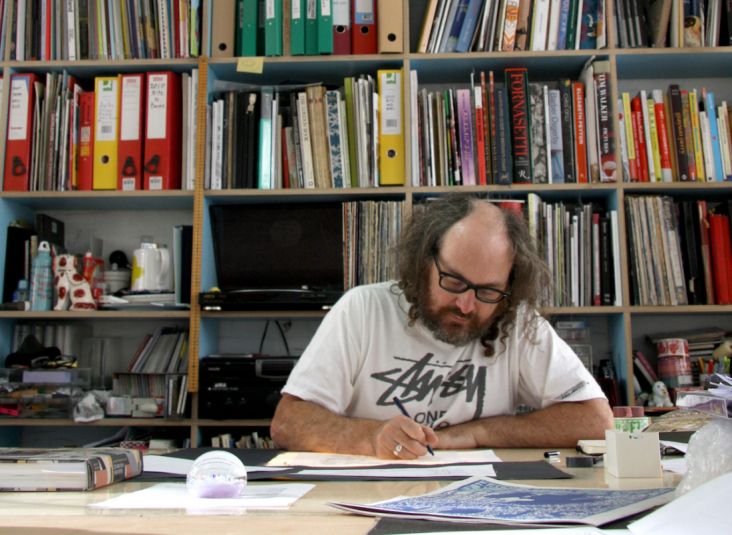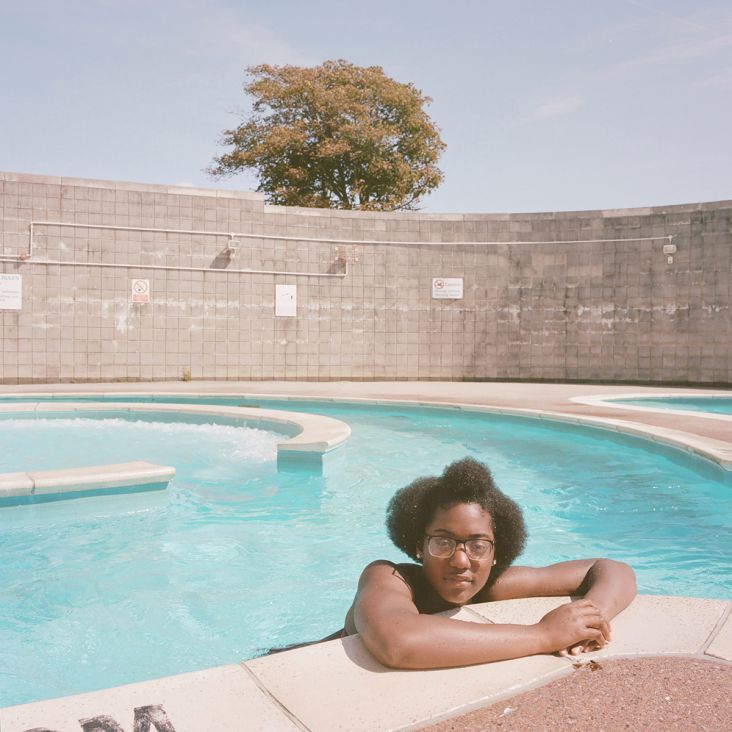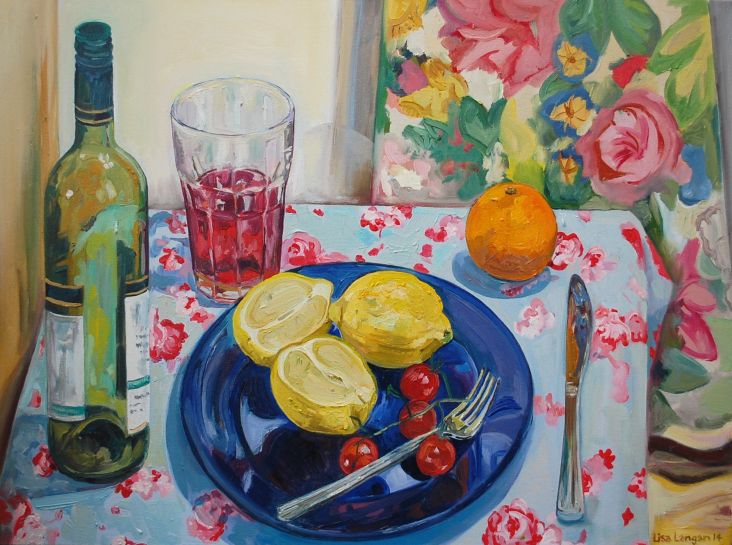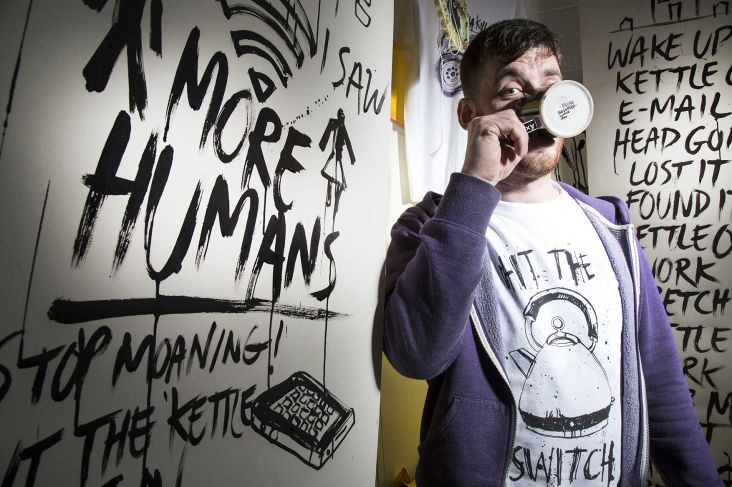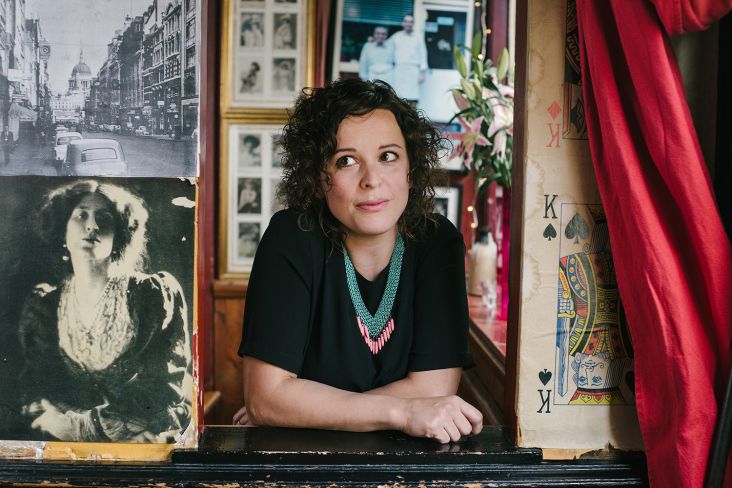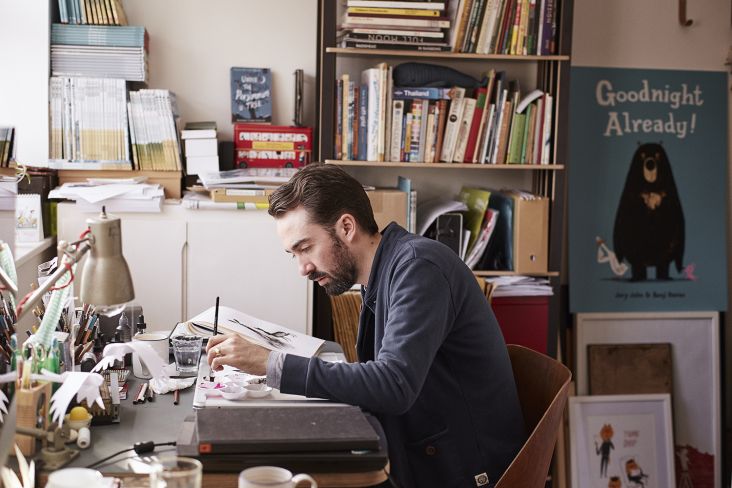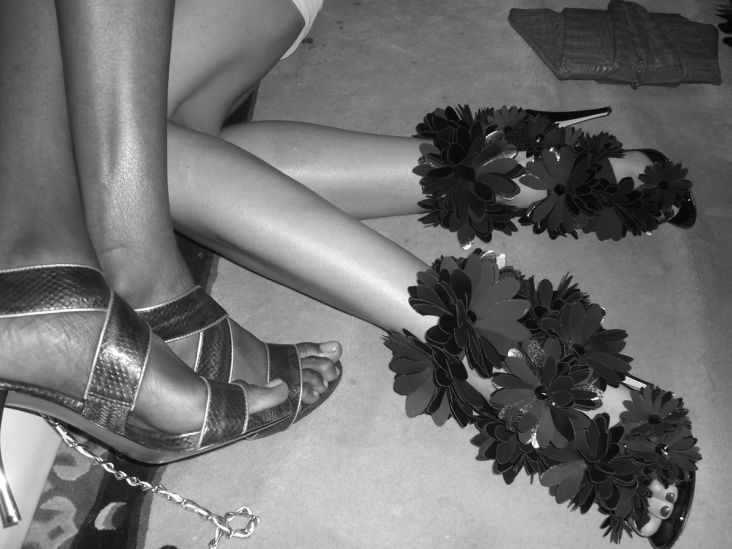Mira Kaddoura on making a difference, women in business and challenging the agency format
Mira Kaddoura is a conceptual interactive artist and founder at Red & Co. Her agency's first project was creating Made with Code for Google, one of the search engine’s most important and ambitious marketing efforts to date.
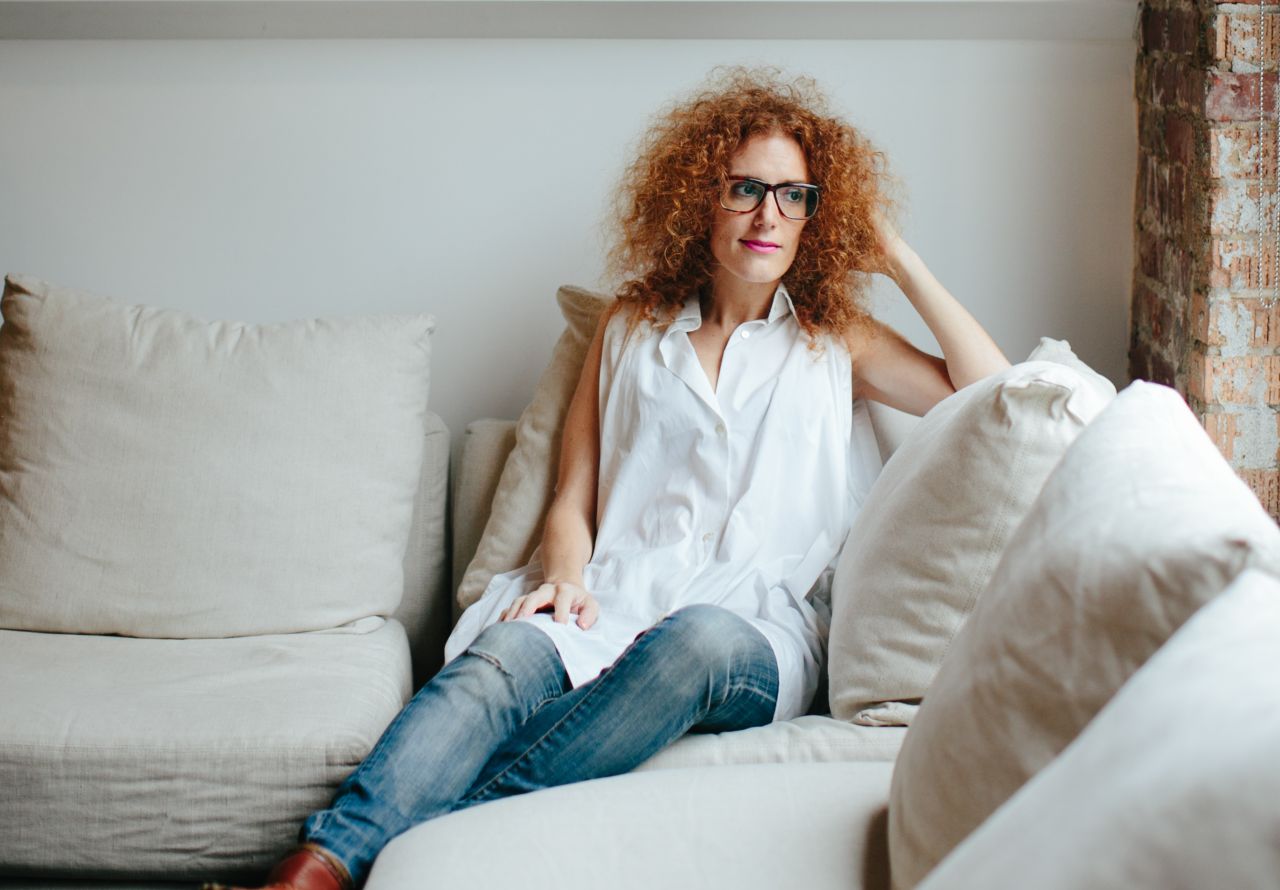
It also recently helped Lululemon define its brand strategy and created, developed and launched a film discovery platform called Feelm that aims to change the way we search.
With 16 years of advertising experience under her belt, 10 of which were at Wieden+Kennedy, both in the US and UK, Mira is responsible for creating Nike I Feel Pretty, Nike Body Parts campaign, The Girl Effect: Clock is Ticking, among many others. Her work has received numerous awards and honours including Gold and Silver Lions at Cannes, TED’s Ads Worth Spreading, D&AD Yellow and White Pencils, Gold Effies, Clios, Communications Arts and Webbys.
Born in Alexandria, Egypt and raised in Beirut, Lebanon and Toronto, Canada, Mira has always felt part of many worlds. She tries as much as she can to create work that starts meaningful conversations around topics and causes she believes in.
With such a rich career to date, we caught up with Mira to talk inspiration, starting a business and women in tech.
You've worked in advertising for 16 years, 10 of which were at Wieden+Kennedy. What do you think has changed the most in that time?
Technology has, and is, quickly transforming every industry. Retail. Transportation. Music. Film. Advertising. And so on.
Can you tell us more about some of the campaigns you created at Wieden+Kennedy?
Nike I Feel Pretty will always be one of my favourites because the big idea and the craft were on par with each other. We were so excited about the script and even more excited to craft the work. From recording the song with a live orchestra in Prague, to the puzzle of casting and picking every person, to filming and editing with such talented people. It’s really an example of the magic that happens when everything lines up.
Funny little detail – the spot was killed after it was approved and it was one of those little advertising miracles that it ended up seeing the light of day. It was also the first time (2006) that Nike featured a female athlete in a big TV spot. Up until that point, only superstar male athletes were getting all the money.
Nike Body Parts represented for me what a small team of passionate people can do. We wanted to celebrate the strong (not perfect) bodies that women shape through sport. Nike hadn’t connected to women in a while. We didn’t have a big budget. Despite this, the work was featured on Good Morning America, in the New York Times and countless other publications and outlets. We had 300+ million free media impressions worldwide. This was all pre-social media. Crazy.
The Girl Effect: The Clock is Ticking was done for a non-profit organization seeking to end poverty globally with one simple premise: If you invest in a girl’s health and education she will lift herself and her family out of poverty, resulting in a multiplier effect within her village, city and nation. We created this film so it could be shown at the World Economic Forum in Davos to help get funding for girls health and education in developing countries. It’s been seen by over two million people on Youtube and was awarded the TED Ads Worth Spreading. This kind of work helps you sleep better at night.
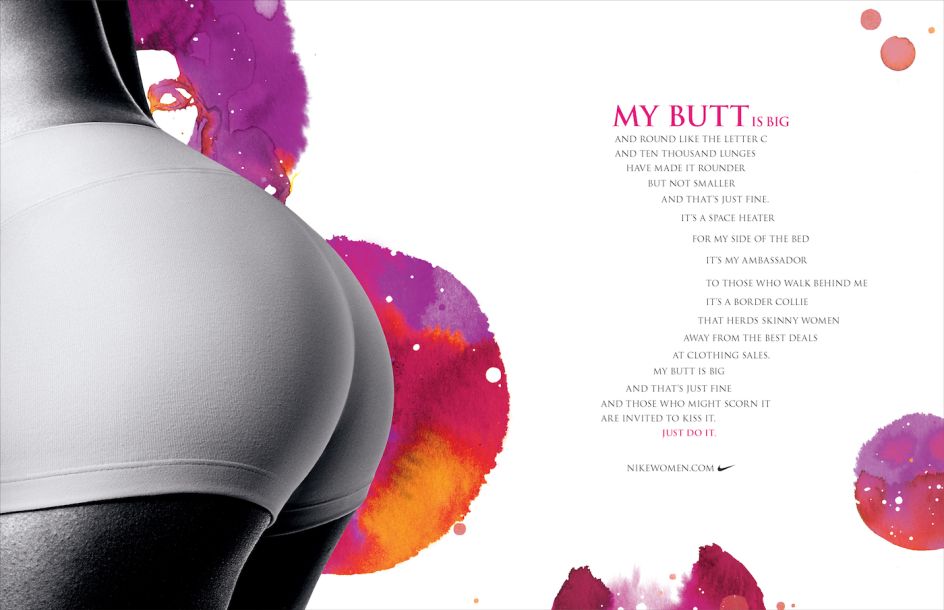
Nike Body Parts campaign
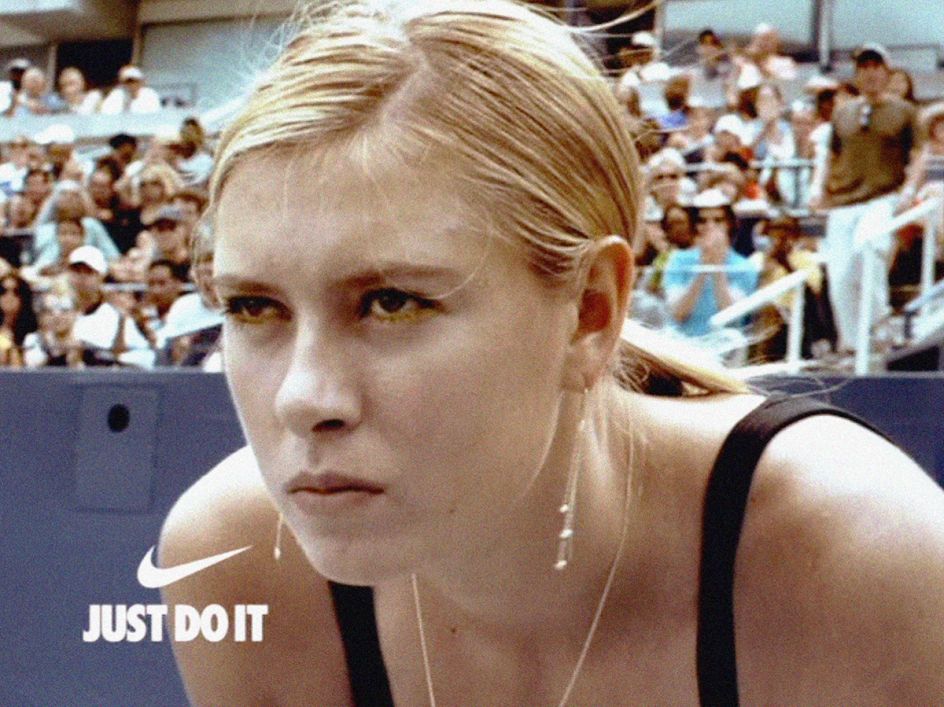
I Feel Pretty campaign
What prompted you to leave that agency?
Working at Wieden+Kennedy was one of the best decisions of my life. Leaving Wieden+Kennedy was one of the best decisions of my life. Sometimes you know in your gut when it’s time to try new things, push yourself to take a few risks and see what else is out there.
So you dabbled in side projects and freelancing. What did you learn from that experience?
Freelancing and working on conceptual art were the most liberating experiences after working in one place for so long. There’s so much magic that happens when you empty your basket and allow the universe to fill it with new things.
For at least a year post-W+K, I referred to my email inbox as the 'Easter Bunny'. I just never knew who was going to email me for a project or a collaboration or a coffee date. The most amazing thing that came out of that experience was reconnecting to who I am and what I stand for and don’t stand for and being comfortable with that. And learning what I loved and what I hated about this thing I did for a living. When you stay in a place for so long, you start losing a sense of who you are. You start thinking that your identity is the identity of the company or agency. It’s not. You are so much more than that. It takes a bit of digging inside to figure out what that is.
Figuring out who you are also gives you confidence to put yourself out there, take some risks and do things that make you vulnerable. Like going to Art Basel to show your conceptual interactive art project that ticks down your biological clock.
Another great lesson I learned was how addicted I am to constantly making myself better. When you’re comfortable, it’s hard to push yourself to learn new things.
You launched your own agency in 2013, Red & Co. What sets you apart?
I never set out to start an agency.
I was freelancing and got more and more requests to do work directly for top clients outside of the agency construct. I was working out of my apartment and clients would come to my place to have meetings and use my bathroom and you know, see my toothbrush, so I knew I needed to treat what I was doing as the business it was and get an official space.
So, Red & Co. was born.
For me, Red & Co. was an experiment to see if I could road test an 'agency' model I have in mind. I realised that clients were hungry for simpler, more open, honest, collaborative and efficient ways of working. And clients also wanted their agencies to have an understanding of technology from the get-go.
'Digital' isn’t a separate discipline. Everything is digital. Technology has fundamentally changed every industry in the last five to ten years. So it was very important to me to integrate technology into everything Red & Co. does, from the work we create for clients to how we operate internally. I think technology can make the process more fair, transparent, efficient and fun—of course, only when used in the most human way possible.
I also realised that clients wanted a partner and not an 'agency'. Meaning that Red & Co. wasn’t here for its own agenda but to make our clients successful. One of the best compliments we’ve gotten was when our Google client told us that we were more passionate about creating Made with Code, Google’s initiative to empower young women with computer programming skills, than they even were.
When Lululemon was in the middle of a review last year – that we weren’t part of – we got an opportunity to have one meeting with them. That meeting showed the CMO that we had provocative and strategic thinking that could set them apart. They dropped the review and hired us to create their new brand strategy.
Lastly, I wanted to create work for brands that make a difference. There’s too much waste out there!
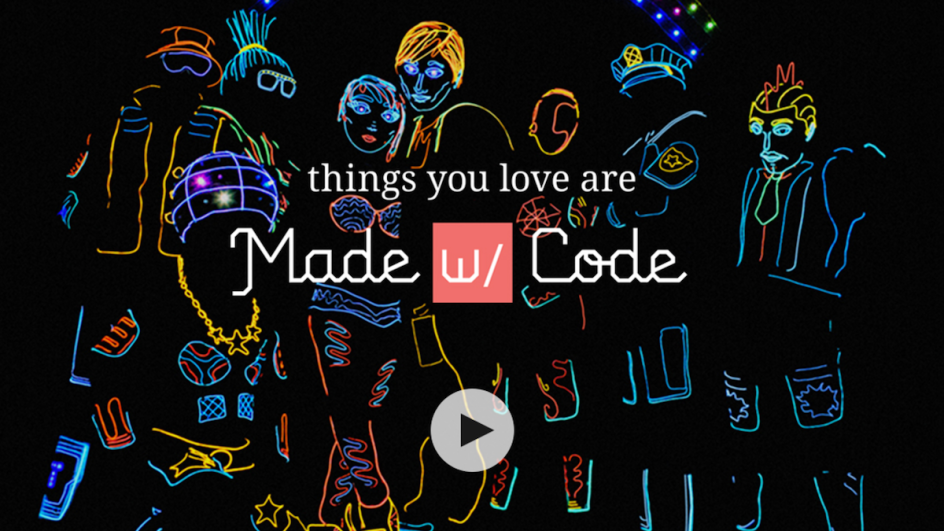
Made With Code campaign
What's been the biggest challenge since starting your own business?
Creating a new business without taking any external investment is no small challenge.
You try to create meaningful work. How do you do that? How does it work?
You take a challenge and you try to find meaning in it. You dig and find a human truth that you think will connect to a mass audience and you create powerful work around it. The work can take many forms. It could be a film but it could also be a 3D printed bracelet that will connect and inspire girls to start coding.
You were the agency responsible for Made with Code, one of Google's biggest marketing and most important campaigns. How did that come about?
While freelancing at one agency, I really hit it off with a strategic planner who went to work for Google.
One day, Google was in a pinch on this brief – they were working with some AORs but had no great work yet and a big CMO meeting in three weeks – so she suggested that the VP of Brand reach out to me.
It's not every day Google comes to you (shortly after starting your own agency) with one of the biggest, most challenging briefs – inspire a million girls to code – and trusts you to create an entire initiative and brand from scratch.
We called it Made with Code and came up with the big idea that the 'things you love are Made with Code'. We brought the idea to life in a 90-second anthem film, 12 documentary films, a massive website and 13 curriculum-based coding projects that would require a ton of design and software development.
The amount of work that was greenlit would have been a daunting task for even a large-sized agency. But rather than pass off the idea for someone else to execute, I saw an opportunity to road test the new agency model I had in mind. What seemed like an unlikely partnership between a tiny ad agency and a global tech company had gone on to produce one of the most successful and important initiatives Google has ever created.
Why aren't more women venturing into the tech industry?
Because we’re not encouraged or supported enough. Lots of women are actually discouraged from venturing in. The women who do usually have the support of family, teachers, mentors, investors, etc.
You're passionate about mentoring women in business, encouraging them to take more risks. Do you think women are more likely to be risk-averse?
Traditional society wants women to be feminine (nurturing, caring, motherly) and men to be masculine (dependable, strong, brave). The reality is, through the Vedic tradition at least, women and men have both a masculine and feminine side, even if societies sometimes tend to reject that notion.
I see both of these sides when I observe young children (which I love doing) – they can be caring and brave and sensitive and strong all at the same time. Traditional education and society like to fit people into a box because it’s easier for them to understand. You’re either this or that. A nurturer or a risk taker.
I believe that you can have so many sides to you as a woman and be different things to different people. How I behave with my kids is very different from how I behave with my clients. You can practice anything you hope to be. If you want to be more of a risk taker, practice taking more risks. If you want to be more of a nurturer, practice more of that. It’s really about undoing what society has taught you all of these years and getting back to your true nature, that little six-year-old you.
During your career have you ever encountered sexism?
Ha.
Do you think things are getting better or worse for women?
I’ll always say better because I’m an optimist. I definitely find it easier to find more likeminded women today than I did when I first started out in the business. Fifteen years ago, finding women creative directors was like finding a needle in a haystack.
Moving on, how do you stay fresh and keep challenging yourself?
I’m constantly learning new things. Constantly curious and interested in things I don’t know a lot about. I have a very culturally and educationally diverse background which helps a ton. I’m fluent in three languages and have an understanding of a fourth. I always take any opportunity to travel the world and learn different POVs. And observing my two little girls discover the world keeps me looking at things with a beginners mind.
You grew up in Beirut. How has this influenced you and your life?
Beirut is the perfect intersection of East and West. It’s the one place I’ve lived where I’ve been able to regularly gather around a table for food with people from so many different backgrounds and religions. The reason I bring up food is because, as my dear friend Kamal Mouzawak has taught me, the truest form of acceptance is when you eat from someone else’s food.
By eating their food, you don’t only say I accept you but I trust you. The people and communities of Beirut are very tight-knit and you realise how important that is, especially as the western world has pushed for so much independence. Beirut has taught me that we are at our happiest when we are not so much independent as we are interdependent. You really realise the power of this notion in hard times (like war, crisis, natural disaster).
Speaking of hard times, I grew up living through a few wars so I know a lot about separation and division and I also know about how it’s possible to coexist. I look around these days and see so much division and people not willing to hear the other side of the story. That will never bring about real coexistence and change. Beirut has taught me that only through conversation, education and an open mind do you come to true understanding.
Beirut has also taught me how to live in the present. It comes from living in a war and not knowing if you’re going to see tomorrow. You become very aware of your mortality and therefore live more deeply and richly. You really want to squeeze every drop out of life (sometimes to a crazy extent).
In addition to growing up around so many religions and traditions, Beirut taught me my three languages. This multicultural way of seeing the world influences everything I do. More than anything it makes all the work I do very human. I am always trying to find truths that we can all connect to. Trying to find the things that bring us together instead of apart.
And lastly, Beirut has taught me about the art of living a good life. There’s so much emphasis on professional success in the western world that sometimes we forget that there’s a whole life that needs attending to. A life that involves friends and dinner parties and kids and walks in nature and swims in the sea. Beirut is really good about reminding me to pause and enjoy all the good stuff. (I’d say Portland does a pretty good job of that, too.)
Tell us something about yourself that might surprise us.
I’m generally a very optimistic person. Always the one wanting to make things better. To mend the bridges.
The thing most people don’t know is that I’ve lived through extremely hard times. I now realise how it was necessary for each one of those things to happen for me to be who I am. I choose to be positive and want to affect things in good ways. I think we sometimes forget that we are boss of our own lives. In life, there are so many things we can’t control but we can control how we react to everything that happens to us. I’m all about healing and moving on instead of holding grudges and being angry. Life is just too short for that.

















